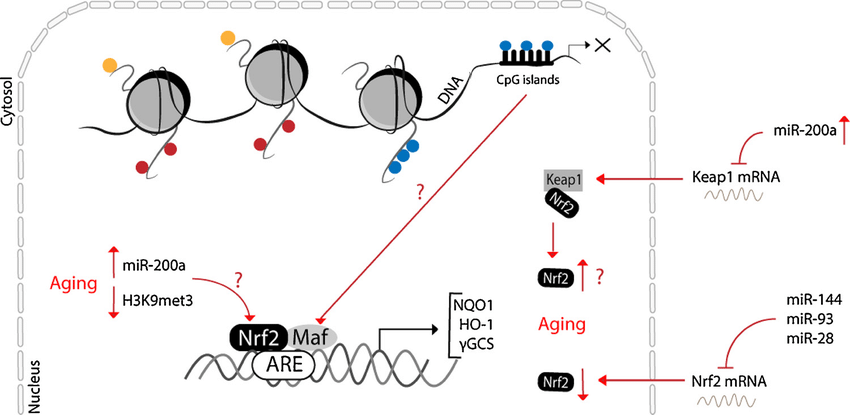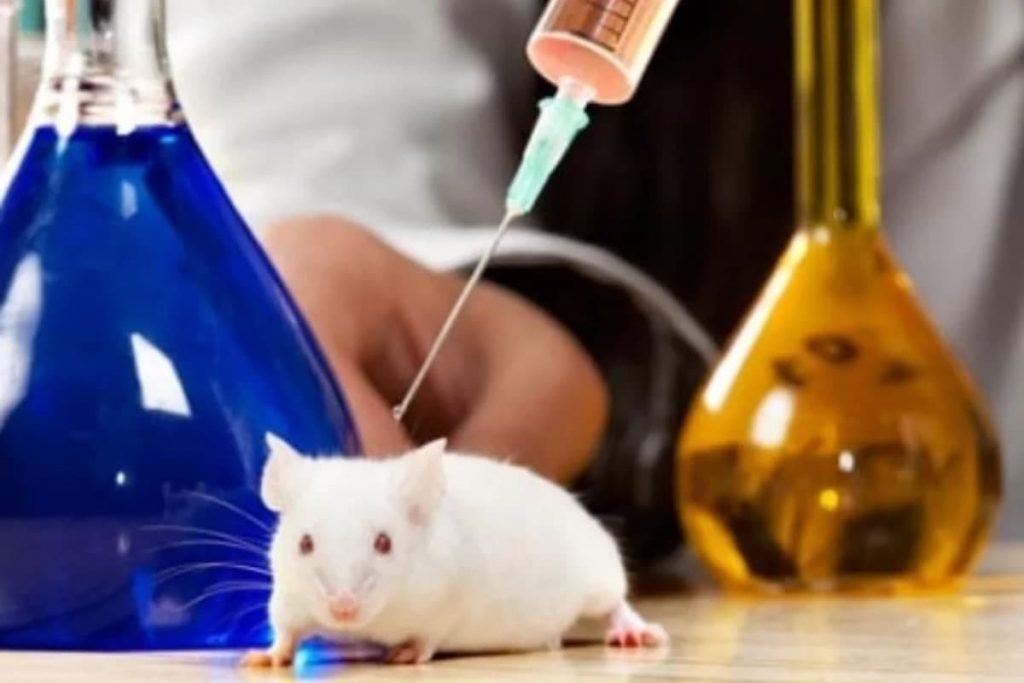Anti-Ageing: Mouse is the Answer
To monitor and control changes in the bodies of the mice, Japan’s space agency had sent a group of mice to space to learn about the effects in their bodies. It is quite sure that if humans are sent to space, they will induce changes in their body i.e. similar to a fast-forward version of what happens to people during the natural ageing process. The field of anti-ageing or slowing down effects of ageing could be answered with the results of the experiments.
NRF2 Gene: Possible Solution

The team tested the mice for the effect of inducing the protein NRF2 inside it. The Nuclear Factor Erythroid 2-Related Factor 2 gene was present in half of the twelve mice sent to the International Space Station in 2018, on the other hand, the next half was genetically engineered to not have the same NRF2 gene.
Various environmental stresses are reduced by the protein made from this gene as it regulates adaptive responses against stresses which can also help to prevent several ailments like cancer and diabetic complications.
JAXA and SpaceX Collaborated
The mice were sent to space aboard the SpaceX Falcon rocket under the study led by Japan Aerospace Exploration Agency (JAXA) with Tohoku University after which they spent 31 days in space. All the mice were treated identically during the spaceflight and were provided the same food.
The mice were observed with changes as they returned to Earth as scientists saw that the mice which did not have NRF2 consummate some changes in their blood components which can be compared to the changes that humans go through during ageing.
As soon as the mice were sent to space, they observed devoid of protein in contrast to the healthiness before the trip along with stopping putting on weight while in space.

Astronauts: Shielded to Risk
Astronauts were at increased risk of cancers and damage to the central nervous system as per the time spent in space i.e. nearly months at a stretch as they were at risk with an increased chance of being exposed to harmful radiation.
These changes are somehow similar to some of the processes involved in aging but the only key difference being the speed of these changes. But with these experiments, it is has helped scientists to predict that the NRF2 can be the answer to shielding the hazards of going to space and ultimately ageing.
The results highlight the significance of the role NRF2 plays in cushioning the impact of space-derived stress as per the statement of Masayuki Yamamoto, a medical biochemistry professor at Tohoku University.

1 Comment
Pingback: Japan to send "Transformable Lunar Robot" to The Moon in 2022 - Craffic